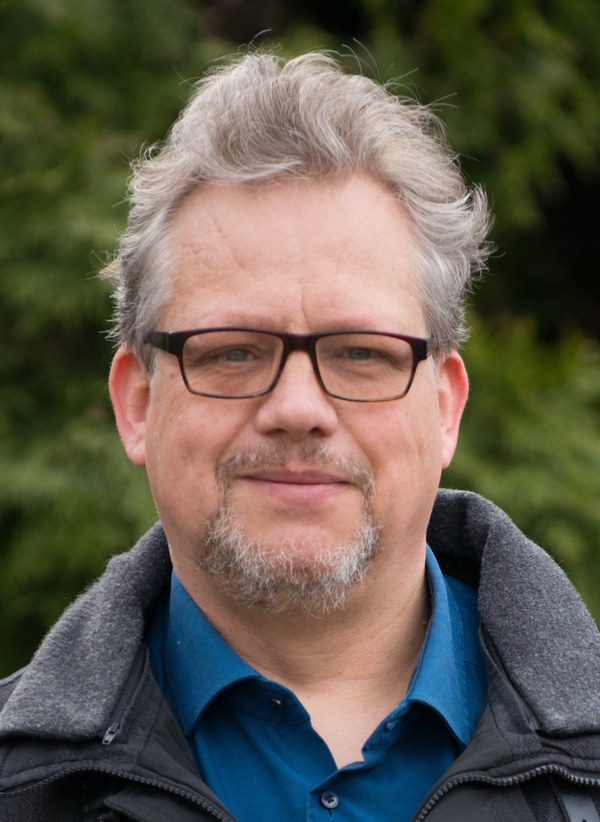
Dr. Henrich Frielinghaus
Instrument responsible for KWS-1, SANS group leader, Soft Matter coordinator
Kontaktperson
+49 89/158860-706
+49 89/158860-799
Adresse
Forschungszentrum Jülich GmbH
Wilhelm-Johnen-Straße
52428 Jülich
Jülich Centre for Neutron Science (JCNS)
Neutronenmethoden (JCNS-4)
Gebäude Garching-UYL / Raum 0524
From conventional SANS to surface sensitive neutron scattering
Commencing research into the critical behavior of polymer blends, HF initiated experiments on bulk materials using small angle neutron scattering (SANS). This exploration expanded to encompass microemulsions and various other Soft Matter systems. Progressively, focus shifted towards investigating microemulsions near planar hydrophilic surfaces, employing grazing incidence SANS to unravel depth-dependent structures. This method unveiled the lamellar order adjacent to the surface and the bicontinuous structure within the bulk.
Subsequently, the experimental setup transitioned to a neutron spin echo spectrometer, enabling the resolution of depth-dependent dynamics. This led to the development of a novel technique, grazing incidence neutron spin echo spectroscopy (GINSES), facilitating further investigations into lipid bilayer stacks.
Inspired by insights gained from surface-dominated systems, HF redirected attention towards plant-based emulsions utilized in sustainable milk drinks. Typically stabilized by proteins and lipids at the interface, these emulsions are now predominantly examined as bulk systems. However, a meticulous analysis of these intricate interfaces necessitates selective deuteration to delineate the roles of each constituent. Fortunately, the deuteration facility at JCNS, in conjunction with concerted LENS activities, provided crucial support for this research. Concurrently, efforts employing high-pressure homogenizers concentrate on understanding droplet breakage in turbulent jets, necessitating novel sample environments, which are fortunately facilitated by the sample environment group at JCNS. By then, a larger research consortium is on the verge of establishment, comprising JCNS, Lund, Aarhus, Zurich, and potentially Delft and Wageningen.
Exploring another avenue of research, attention turned towards lithium-ion batteries, with a particular focus on the protective solid electrolyte interphase (SEI). This line of inquiry originated from a partnership with Münster/Milano. Additionally, a fresh collaboration with Meknes, Morocco, concentrates on solid electrolytes, stemming from participation in the TRAMP conference in Meknes.
A significant number of these collaborations would have been unattainable without robust support from colleagues, including senior researchers, postdoctoral fellows, and doctoral candidates.
